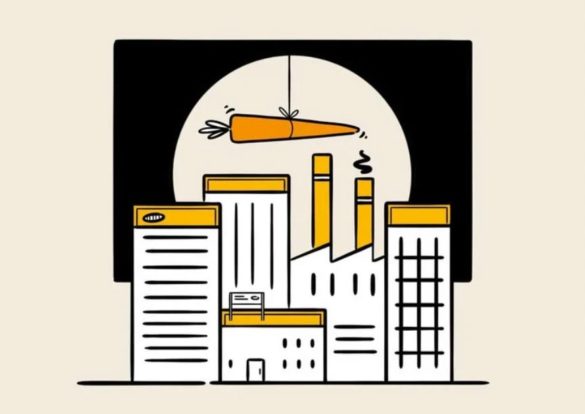
Many countries are seeing a revival of industrial policy
As national economies and international trade were liberalised after the stagflation of the late 1970s, governments increasingly decided to allow corporate behaviour to follow commercial logic. Multinationals set up shop where it made most sense, allocating resources, outsourcing labour and automating factories to minimise costs and maximise profits. The reforms lifted hundreds of millions out of poverty even as they delivered fat returns for shareholders.
But the less-state-is-better consensus is fraying. The crash of 2008, the loss of middle-class jobs to foreigners or robots and the climate crisis have led many to believe that markets cannot be trusted. Economists like Mariana Mazzucato, of University College London, believe that firms are losing the ability to innovate, weighing on future prosperity. National-security hawks on both sides of the Sino-Western divide fret about reliance on adversaries for critical resources, from semiconductors to pharmaceuticals. And Western bosses complain about “unfair competition” from China’s state-backed behemoths.
“We have been destroying our national champions while China has been nurturing its own,” laments Michael Pillsbury, who helped craft Donald Trump’s hawkish China policy.
Full article: https://www.economist.com/special-report/2022/01/10/many-countries-are-seeing-a-revival-of-industrial-policy